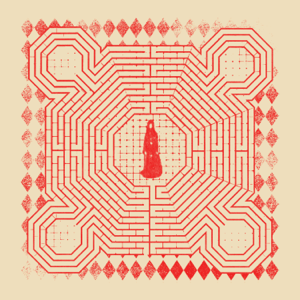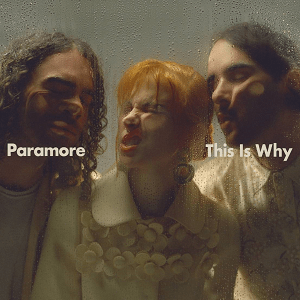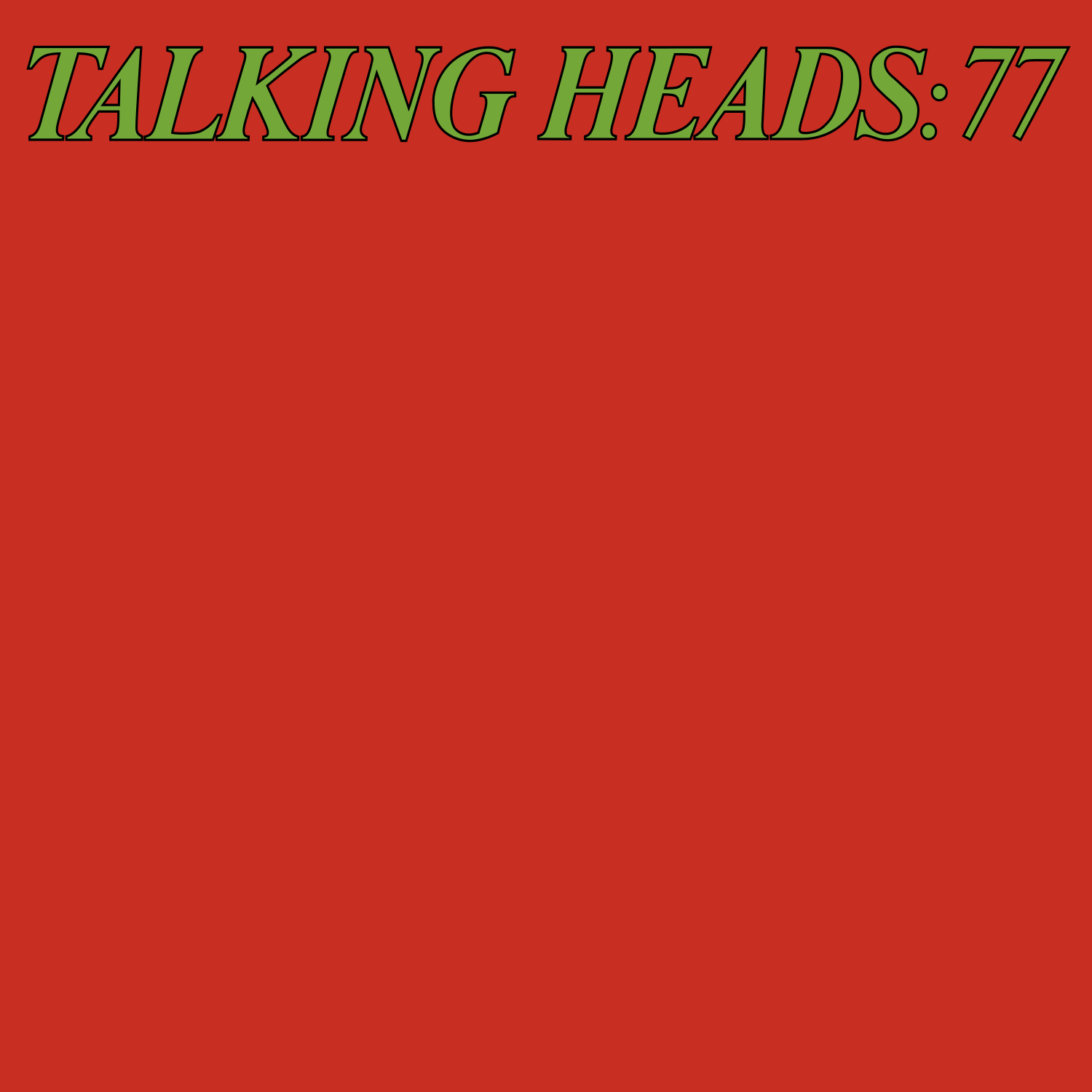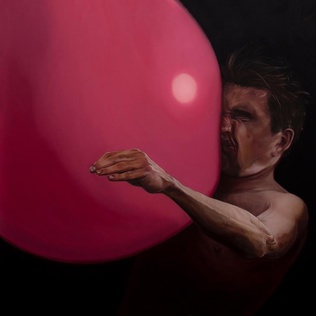Simz' rise to one of the UK's biggest rappers is one of the most inspiring success stories for independent artists (and just life in general) as she is one of the few I can think of that has done it pretty much entirely on her own. Performing in a prime Glastonbury slot just under the headliner (Coldplay) in 2024 is pretty insane for an artist that has never signed to a major label. Simz' career really began to take off following 2019's GREY Area, where she hooked up with producer and childhood friend Inflo. The two had an amazing creative chemistry that resulted in three excellent records that were layered in rich and dramatic funk, soul and orchestral instrumentation that matched Simz' intensely personal and heavy lyrics and themes.
During the rollout of the Lotus' singles, it hit the press that Simz' was suing Inflo following an unpaid loan she gave him during 2024 to help fund the first (and at the time only) live show for his project SAULT (which Simz was a frequent collaborator); which left her unable to complete her tax return for last year. With this news coming out, it was evident that Inflo would not be producing this new record and furthermore Cleo Sol, who is married to Inflo and provided vocals to many of Simz' tracks including her biggest hits, would not be featuring. So this is a massive shake up for Simz, creating a record for the first time in a long time without two of her closest collaborators (and friends).
Miles Clinton James has been picked by Simz for production duties this time around, and looking into his work he did some additional production on 2021's Sometimes I Might Be Introvert as well as some credits with Micheal Kiwanuka and on Foal's last album. This sets the record apart from the Inflo trilogy, as while it is still sounds distinctively Simz, a lot of the extravagant orchestral instrumentation has been replaced with a grittier, darker sound reminiscent of UK post-punk. This pretty aptly compliments the main lyrical themes of the record, the majority of which is pretty explicitly about Inflo and the breakdown of their relationship.
The opening track, Theif, comes in with a rumbling bassline and eerie twangs of guitar before Simz' effects-laden vocals swoop in like a phantom from above. The multi-tracked and echo-y hook of "You're a theif!" definitely gives off the intention of Simz presenting herself as a spectre haunting Inflo's conscience. This leads straight into the lead single, Flood, which features some intense tribal drumming and mantra-like lyrics where Simz recites to her self her methods of how she's going to get through this traumatic time and how she's not going to let this happen again. Obongjayar and Moonchild Sanelly are featured on the chorus and absolutely kill it.
The other two songs released as singles are Young and Free. Young is a very interesting and unique song for Simz, being a kind of Britpop-y, post-punk-y, pop rap tune with its Kinks-ian baseline and faux-posh accent that Simz is putting on. The song is clearly a piss-take of something, but I haven't quite figured out what. I like the song, but it does feel very out of place on an album that's otherwise so serious. Free is a neo-soul jam about being kind-hearted and taking life at your own pace; and is a style of song that Simz can write in her sleep to be honest. It's a good song, but does it really do anything to stand out from the several similar songs in Simz' back catalogue? Not really. I feel like Only, which sits inbetween the two tracks on the record, is a more interesting exploration of that style. Jungle's Lydia Kitto takes on the chorus vocals and does a great job. The sauntering, jazzy beat and self assured lyrics about slowly falling in love with no hang-ups or need to rush just oozes cool.
The first half closes out with Peace and Hollow. For me Peace is the weakest song on the record and probably the only one where it feels like Inflo's presence is noticeably missing. The instrumental feels pretty undercooked with a repetitive guitar line that doesn't change or progress throughout the four and half minute runtime, and Mira May's hook of "I need to find some peace of mind" remains identical from the first chorus to the last. Hollow on the other hand, is captivating in it's starkness and simplicity. Simz' spoken word vocals are set against a string quartet and it's the first point in the record where she really starts to dig into the breakdown in her and Inflo's relationship. After a first half that somewhat struggled to find its groove, it really sets the record up for a frankly phenomenal second half.
And that second half opens up with a bang that is the Obongjayar assisted afro-beat jam, Lion. The song just makes you want to move. The chanted outro "We don't care for what they say, that's my superpower" is just so self affirming and uplifting. This leads straight into Enough, which is basically a dance punk song has similar themes about being enough for yourself and knowing that you can succeed. This whole stretch of the record gives off massive main character energy but it just works - I guarantee you that these songs will make you feel good.
Following on from this brief respite, the album takes a turn into some really dark territory in the final four tracks. Blood is essentially an argument between siblings put to music. Wretch 32 plays the role of Simz' brother in a fictional scenario where both siblings have become successful rappers, but the distance and success has only heightened the unresolved trauma in the family. The song is insanely written and delicately balances being hard-hitting and shocking while still being an enjoyable listen. The title track is definitely the elaborate focal point of the album, being a six and half minute, multi part behemoth of a song that sees Simz go to her darkest place and then back out again. The second verse is a long, spiralling rant about the expectations she feels as a public figure and the pressure to be perfect and a 'prodigy'. The track reaches rock bottom, before church bells and choral backing vocals seep into the mix and Simz drags herself out of the depths to begin rebuilding. Micheal Kiwanika provides a cathartic respite on the choruses to prevent the song feeling too nihilistic.
The final two songs are very lowkey, as if Simz has exhausted herself out with the intensity of Lotus, and is now faced with the reality that she has to confront. Lonely is about exactly that, that Simz feels lonley and isolated; and not sure how to proceed with her music career without her key collaborators. It is very raw, and without a lot of the instrumental flourishes that the rest of the album has, which allows for every word to sink in. Blue closes the record out as a very gentle tune that ties up the records themes well. Sampha's soothing vocals provide a sense of relief, as if the pain is coming to the end and Simz is slowly moving forward.
Lotus is a really great record, and proves her talent can withstand even the most traumatic of shake-ups in the artistic process. It's a shame that the first half is just a little bit wobbly (not even inconsistent, just the flow isn't quite there), because the back end is just as good as GREY Area and SIMBI. It's very rare for an artist to go an 4 album streak of work of this level of quality, and it doesn't seem like that streak is going to end anytime soon.
Top Tracks: Theif, Flood, Only, Hollow, Lion, Enough, Blood, Lotus, Lonely, Blue
9/10








.png)




.jpg)



